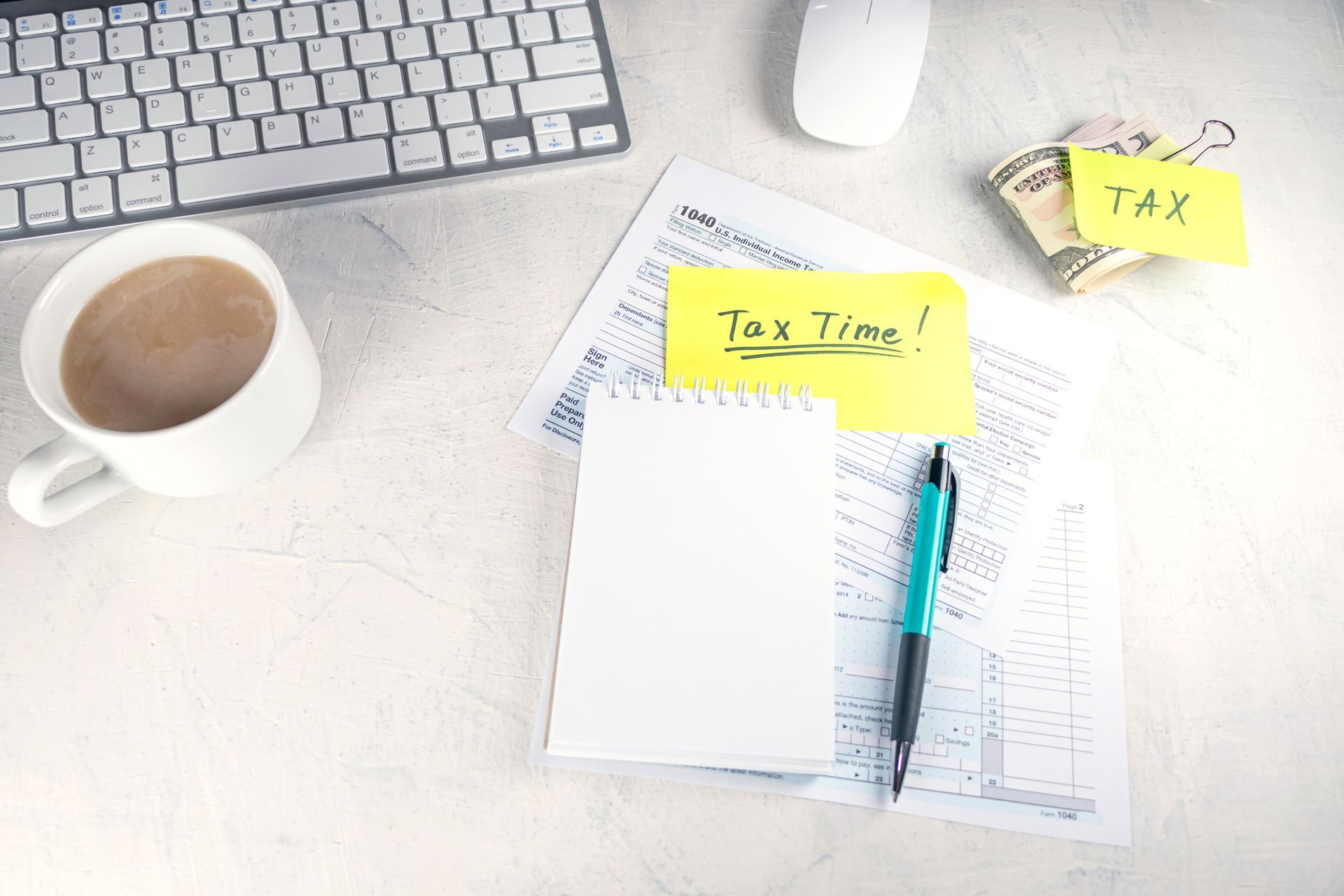Navigating Sales Tax Exemptions: Who Qualifies and How to Apply
Sales tax is an unavoidable part of doing business for most, but did you know that many individuals and organizations qualify for sales tax exemptions?
Whether you’re running a nonprofit, operating in a tax-advantaged industry, or just curious about saving money, understanding how to leverage sales tax exemptions can make a big impact on your budget.
This guide will break down who qualifies for sales tax exemptions, how the application process works, and tips to ensure compliance with state regulations.
By the end, you’ll have a clear roadmap to keep more money in your pocket while navigating sales tax confidently.
What Is a Sales Tax Exemption?
Sales tax exemptions allow specific buyers to avoid paying sales tax on certain purchases. Instead of paying tax like most consumers, exempt buyers provide sellers with a sales tax exemption certificate, freeing them from the obligation to pay taxes at the point of sale.
The rules surrounding sales tax exemptions vary by state, and not every business or organization will qualify—but for those who do, the savings can add up quickly!
Who Qualifies for Sales Tax Exemptions?
Several key groups and industries commonly qualify for sales tax exemptions. Here’s a list of those eligible and their typical qualification criteria.
1. Nonprofit Organizations
Nonprofits such as charities, religious organizations, and educational institutions often qualify for sales tax exemptions. For example, churches and 501(c)(3) organizations are frequently not required to pay sales tax on items like furniture, office supplies, or even services if they are related to their mission.
To qualify:
- Ensure your organization is officially registered as a nonprofit entity (e.g., 501(c)(3) status in the U.S.).
- Apply for an exemption certificate in each state where you plan to make purchases.
2. Government Agencies
Federal, state, and local government agencies are typically exempt from sales tax. Purchases made for official government business, such as supplies, equipment, and services, usually fall under this exemption category.
To qualify:
- Provide documentation proving the organization’s government status.
- Some states may require a specialized certificate or exemption form.
3. Resellers
Resellers can often purchase inventory tax-exempt. This is because sales tax is meant to apply to the end consumer, not the intermediary businesses selling the goods. For example, if a retailer buys goods wholesale for resale, they won’t pay sales tax on those items.
To qualify:
- Register as a reseller in your state.
- Provide a Resale Certificate to wholesalers or suppliers when making purchases.
4. Manufacturers
Manufacturers of tangible products may qualify for exemptions on items essential to their production process, such as raw materials, machinery, or equipment.
To qualify:
- Confirm which items your state considers essential to the production process.
- File for an exemption and use a Manufacturer's Exemption Certificate when purchasing these items.
5. Agricultural Producers
Certain agricultural producers can benefit from exemptions on equipment, seed, feed, and other inputs used directly in farming operations. States may also offer industry-specific exemptions for logging, fishing, or forestry businesses.
To qualify:
- Demonstrate the agricultural nature of your business (e.g., via tax ID or farm registration).
- Use an Agricultural Tax Exemption Certificate where applicable.
6. Nonresident Retailers or Buyers
Some states offer exemptions for purchases made by nonresidents if the goods are removed from the state immediately after purchase for use elsewhere.
To qualify:
- Provide proof of out-of-state residency.
- Understand specific state rules to avoid mishaps.
How to Apply for a Sales Tax Exemption
Getting sales tax exemption statuses doesn’t need to be complicated. Follow these steps for a smooth application process.
Step 1: Determine Qualification
Start by assessing which exemption categories apply to you. Review your organization’s status (e.g., nonprofit, government agency, reseller) and research state-specific regulations to confirm eligibility.
Step 2: Gather Necessary Documentation
Each application will require proof of your eligibility. This might include IRS determination letters, business registration forms, tax ID documentation, licenses, or industry-specific certificates.
Step 3: Complete the Exemption Certificate Application
- Visit the state’s Department of Revenue website where you’re applying for exemption.
- Download and fill out the appropriate form. For example, states typically offer forms like a "Resale Certificate" or "Organization Exemption Certificate."
- Include all requested documentation.
Step 4: Submit the Application
You’ll typically email, mail, or upload your exemption certificate application online, depending on the state’s process. Timelines for approval will vary, so plan ahead for urgent purchases.
Step 5: Present Your Exemption Certificate to Vendors
Once approved, use your certificate whenever making purchases to prove your exempt status. Always keep copies handy, as vendors may require them for their records.
Key Tips for Staying Compliant
Sales tax regulations can get complicated, and it’s important to follow the rules to avoid penalties or fines. Here’s how to stay compliant while reaping the benefits of a tax exemption.
- Understand State-Specific Rules: Each state has its own policies for exemptions. Some may only exempt certain purchases or set stricter conditions.
- Keep Certificates Up to Date: Most exemption certificates expire after a set period (e.g., two to five years). Mark your calendar to renew them on time to avoid disruptions.
- Document Purchases Thoroughly: Maintain records of your transactions and exemption certificates in case of an audit.
- Limit Exempt Purchases to Approved Items: Exemptions are often item-specific. Stay within the eligible categories to prevent noncompliance.
- Train Staff: Ensure your organization or business is aligned on when and how to apply for exemptions.
The Benefits of Sales Tax Exemptions
Applying for and maintaining sales tax exemptions takes effort, but the benefits make it well worth it. Here’s what you stand to gain:
- Cost Savings: Enjoy lower expenses for approved purchases, leaving more room in your budget for mission-critical goals or profit reinvestment.
- Streamlined Accounting: Reducing your taxable purchases simplifies bookkeeping and reconciliation processes.
- Competitive Edge: For businesses like resellers, exemptions keep your costs down, allowing you to price competitively in the market.
Drive Efficiency and Save More
Sales tax exemptions can provide your organization with the financial flexibility and efficiency needed to grow. Whether you're a nonprofit maximizing resources, a reseller optimizing cash flow, or an agricultural producer cutting operational costs, the benefits are undeniable.
Need help getting started or unsure if you qualify?
Are you looking for reliable
tax preparation services in Miami? From precise filings to maximizing deductions, we offer personalized expertise tailored to your financial goals. Let us handle the complexities of tax preparation so you can enjoy peace of mind. Contact us today to schedule your consultation and take the first step toward a stress-free tax season!




